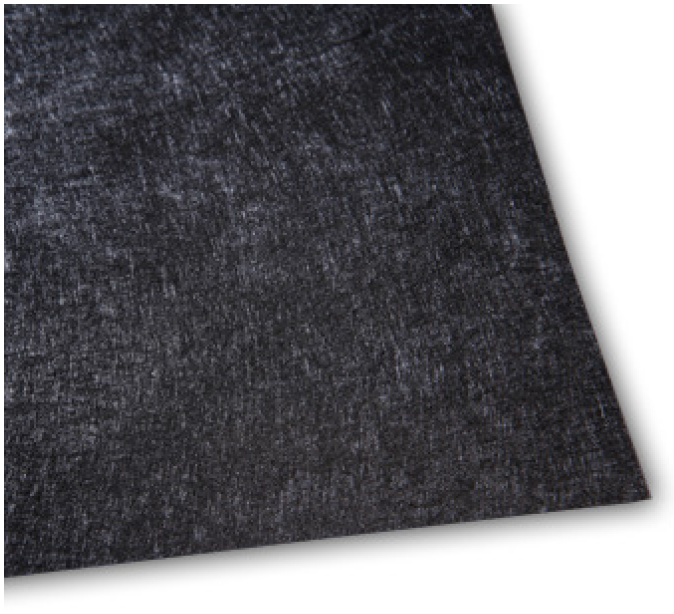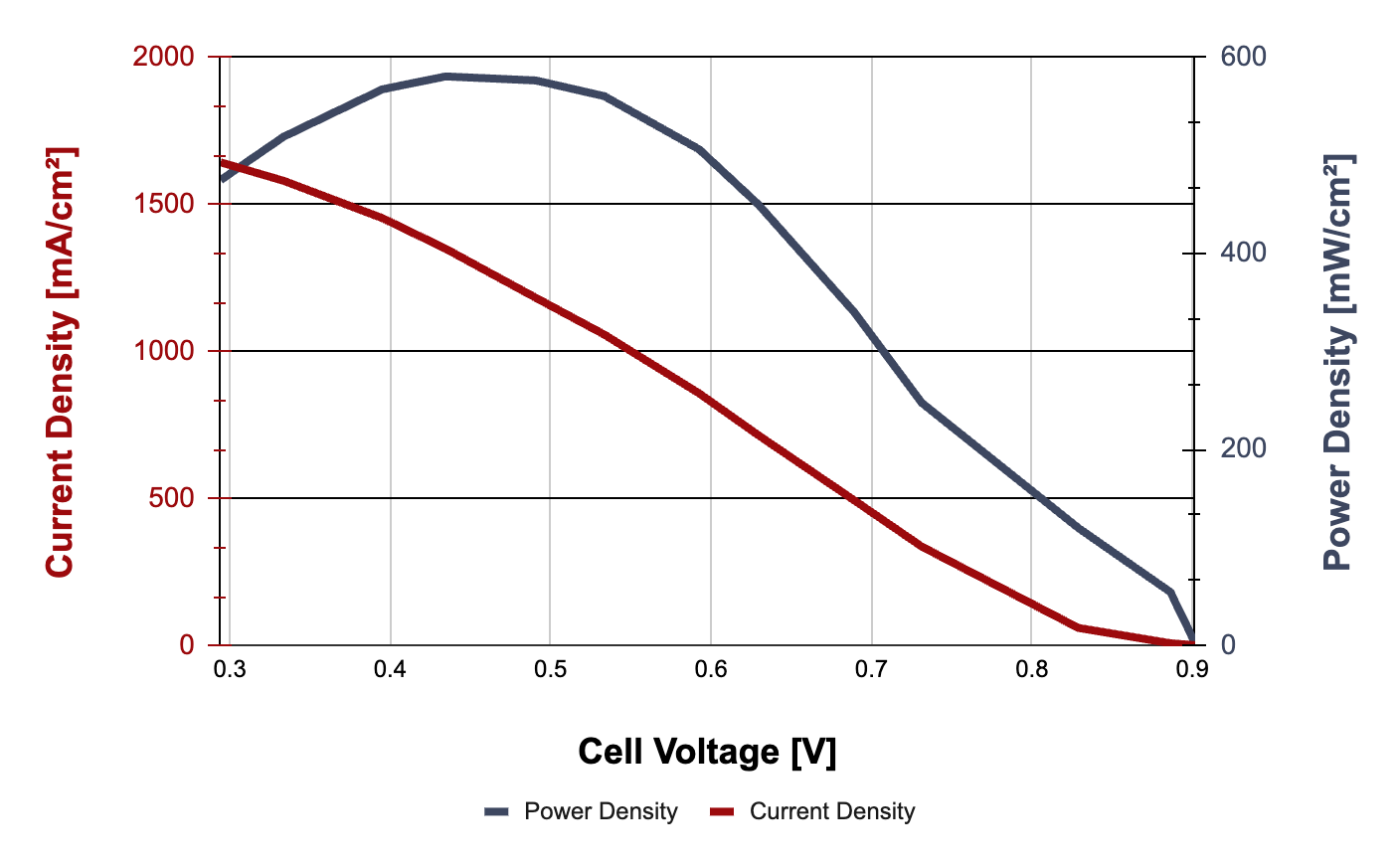LINQCELL GDP240 | 240um Carbon Paper
- 0.24 mm - 240 um - 9.5 mil
- Alternative to Spectracarb 1050
- Gas difussion layer and electrode
Product Description
LINQCELL GDP240 is a 240-µm thick graphitized carbon fiber paper made from high-quality polyacrylonitrile (PAN) fibers. The fibers undergo a wet-laying process to form a non-woven, fibrous, and porous structure, which is then carbonized and graphitized. This high-temperature graphitization (1600 °C) results in high electrical conductivity, high oxidation resistance, and excellent thermal stability, making LINQCELL GDP240 highly recommended as gas diffusion layers in fuel cells. It can also be used as gas diffusion substrates for carbon dioxide electrolyzers.
LINQCELL GDP240 has a microporous layer and PTFE coating, which provide hydrophobicity and increased surface area. The higher surface area maximizes catalyst utilization, which increases fuel cell efficiency. Meanwhile, the hydrophobic properties improve water removal and ensure stable operation by preventing flooding within the stack.
Key Features:
- 240-µm Thickness: Optimized for reduced stack volume and internal resistance.
- High-Temperature Graphitization (1600 °C): Provides excellent electrical conductivity, oxidation resistance, and thermal stability.
- Microporous Layer & PTFE Coating: Enhances hydrophobicity, increases surface area, and optimizes catalyst utilization.
- Improved Water Management: Hydrophobic properties prevent flooding and ensure stable operation by enhancing water removal.
Highly Recommended As:
- Gas diffusion layers of fuel cells, particularly proton exchange membrane fuel cells
- Gas diffusion substrates of carbon dioxide electrolyzer electrodes
LINQCELL GDP240 is available in both sheet and roll forms. LINQCELL Graphitized Carbon Fiber Papers with MPL and PTFE treatment are offered in a standard width of 40 cm. Contact us for custom sizes or other specific requirements.
Technical Specifications
| General Properties | |
| Basis Weight Basis Weight Basis weight refers to the weight measured in pounds off 500 sheets of paper in that paper’s basic sheet size. | 90 g/m2 |
| Total Thickness Total Thickness Total thickness is taking into account all the films, coatings, adhesives, release liners and special layers and is the maximum thickness of a film or tape. | 240 μm |
| Other Properties | |
| Air Permeability | 85 seconds |
| Mechanical Properties | |
| Tensile Strength (Thin Film) Tensile Strength (Thin Film) Tensile strength determines the resistance of a material to break under tension and it measures how much elongating load (or tensile stress) it can handle before fracture. To make it simple, it measures how much force we have to apply when pulling apart a material before it breaks. | 30 N/cm |




